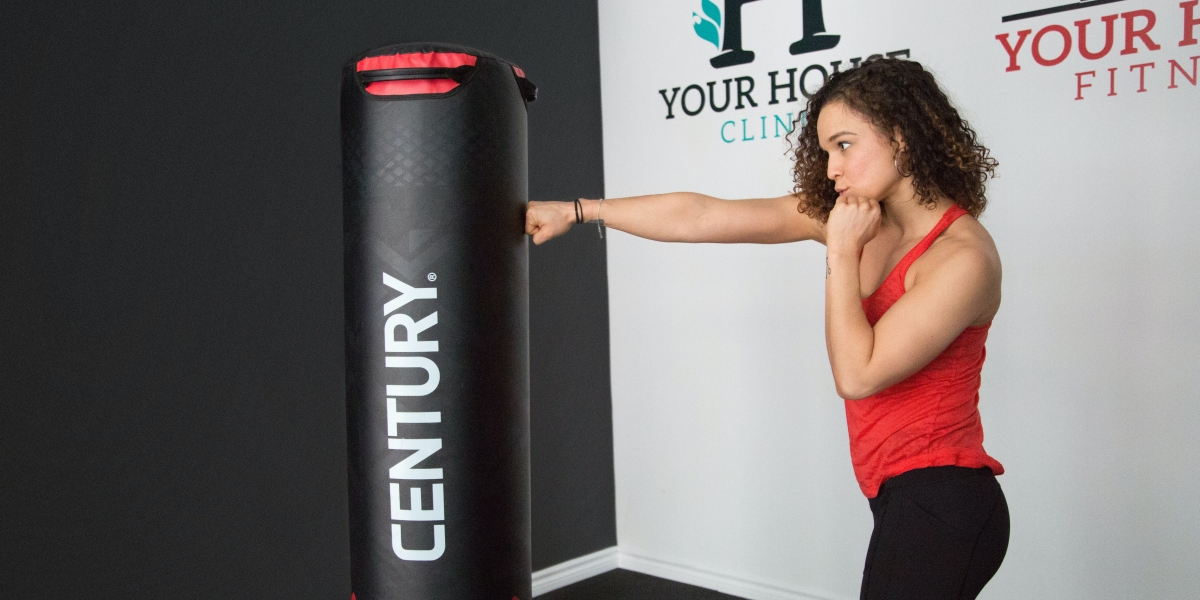What Are Some Good Hobbies to Put on a Resume?
Is your resume looking a little slim? A “Hobbies and Interests” section can be a good way to flesh out your first resume.
You can even leverage hobbies and interests later in your career – we’ll show you how. But first, let’s answer the following questions:
- What are hobbies and interests on a resume?
- Should I include hobbies on my resume?
- Which hobbies should I include on my resume?
For more tips and tricks, check out this guide to listing hobbies and interests on your resume with examples.
What Are Hobbies and Interests?
A hobby is defined as “an activity you partake in for enjoyment.” Hobbies are often included along with interests in a single resume section.
These personal interests are things “you have an awareness or curiosity about and involve research and gathering knowledge.”
So, according to those definitions, marine biology is an interest, while scuba diving is a hobby. You can include them both in a “Hobbies and Interests” section – but should you?
Should I Include Hobbies on My Resume?

Hobbies should only be included on your resume if they add some value to it. You might consider including hobbies on your resume in the following circumstances.
Student Resumes
If you are in high school, in college, or are a recent graduate, you may have little experience on your resume. You can use hobbies to fill in that space.
You will still want to consider the following sections to determine what hobbies you should and should not include.
Career-Change Resumes
If you’re making a change mid-career, consider whether any of your hobbies have led you in that direction. For example, did an interest in computers or cameras lead you to seek a job in programming or photography?
Relevant or Transferable Skills
If your hobbies are related to your career or demonstrate transferable skills that are valuable across fields, you might consider including them on your resume.
Good Hobbies to Include on Your Resume

Some hobbies are better suited to resume inclusion than are others.
Hobbies that Relate to Your Career
Many people pursue a certain career path because the subject or activities interest them. If this is true in your case, you may find yourself enjoying work-related hobbies even when you’re off the clock.
Consider an example. Today, many career paths involve web development – businesses small and large need fluent coders for WordPress sites, blogs, Shopify stores, and more.
Web development relies heavily on an understanding of coding languages. Running a blog about whatever you’re passionate about, computer gaming, or a general interest in computer technology (i.e., building, programming, or upgrading your own computer) can lead to an interest in coding.
Many computer enthusiasts take coding classes online, even gaining certifications. Across industries, this is a valuable hobby to include on your resume.
Remember, resumes are evaluated with applicant tracking software (ATS) – try to include relevant keywords in your hobby descriptions!
Hobbies that Demonstrate Transferable Skills
Some hobbies can help you display transferable skills – qualities that are valuable across careers and positions.
For example, did your hobby lead you to join a club or other organization? This may be used to highlight teamwork or leadership skills.
When Not to Include Hobbies on Your Resume

Anything you put on your resume is a reflection of who you are. Hiring managers will pass judgment on each resume they view, deciding whether you are a good fit for the job or not.
When should you avoid listing your favorite hobbies? Consider the following circumstances.
When Your Resume Is Too Full
You should try to limit your resume to just one page or two at the most. If you’re having trouble fitting more important sections on your resume, discard the Hobbies and Interests section.
It’s better to leave it off so that your education, experience, and skills are more easily readable.
When Hobbies Contradict Company Values
Many companies strive for a certain culture. Others have embedded specific values in their vision or mission statements.
Consider this when deciding what hobbies to include. If the hobbies you pursue in your free time contradict the company’s values, it might hurt your chances of getting the job.
For example, if the company sources only vegan ingredients, a hunting or fishing hobby likely won’t earn you any points.
It is also a good general practice to avoid mentioning any hobbies that might be regarded as inappropriate or controversial.
When They Are Not Relevant
We’ve mentioned this once already, but it is worth mentioning again. If your hobbies don’t highlight some skill or personal quality, they shouldn’t be included.
In fact, including irrelevant hobbies could distract from your real value, making you look childish and unprofessional.
In Conclusion
Include hobbies that give your resume a boost while discarding irrelevant hobbies.



